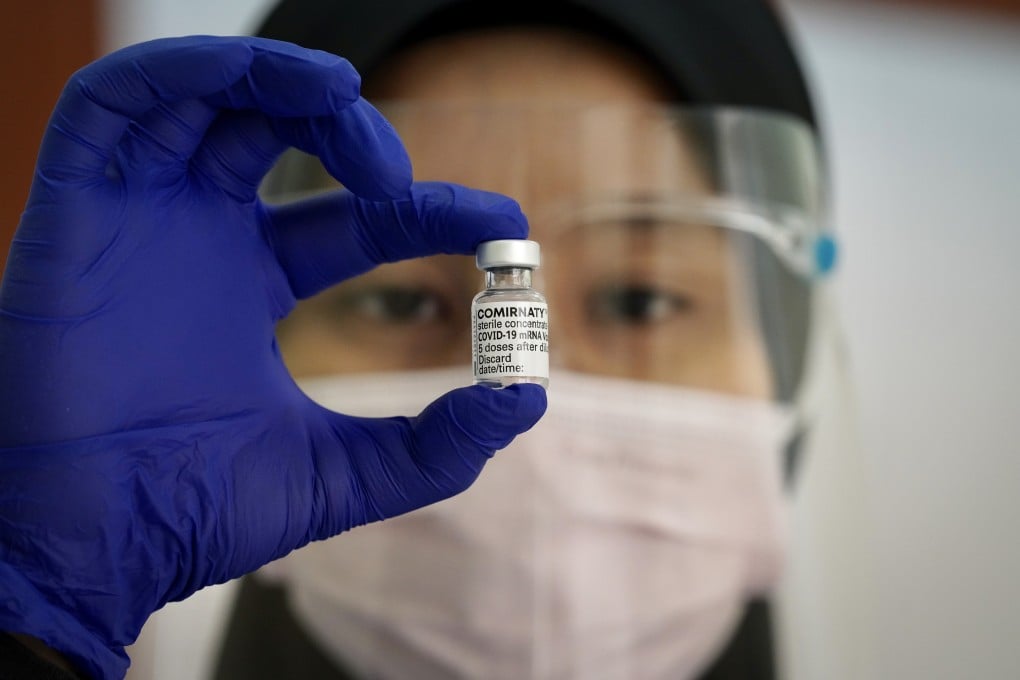Malaysia’s coronavirus vaccination efforts dogged by accusations of queue-jumping
- A week into its national immunisation plan, doctors have complained that political aides and workers are cutting ahead of medical frontliners to get inoculated
- Science minister Khairy Jamaluddin has asked whistle-blowers to reach out to him, and says just 6.1 per cent of the population has so far registered for a vaccine

Local media reported that doctors had complained these staff were cutting ahead of medical frontliners to receive the vaccine.
In a swift response, science minister Khairy Jamaluddin – who is at the helm of Malaysia’s 4 billion ringgit (US$985 million) public health plan – said he would investigate the claims and urged whistle-blowers to reach out to him, promising anonymity.
“My team has been monitoring whistle-blowers’ comments on social media about vaccine queue-jumping,” he wrote on Twitter. “I shared it immediately with [Chong Chee Kheong, the health ministry’s deputy director general] who is with me in the [vaccine] task force to investigate. We take every exposé seriously. Vaccine equity is important.”
Khairy has taken to the social media site to actively address concerns over the vaccination drive, assuring Malaysians of the safety of the vaccine as well as addressing the complaints of irate citizens unhappy with perceived double standards.